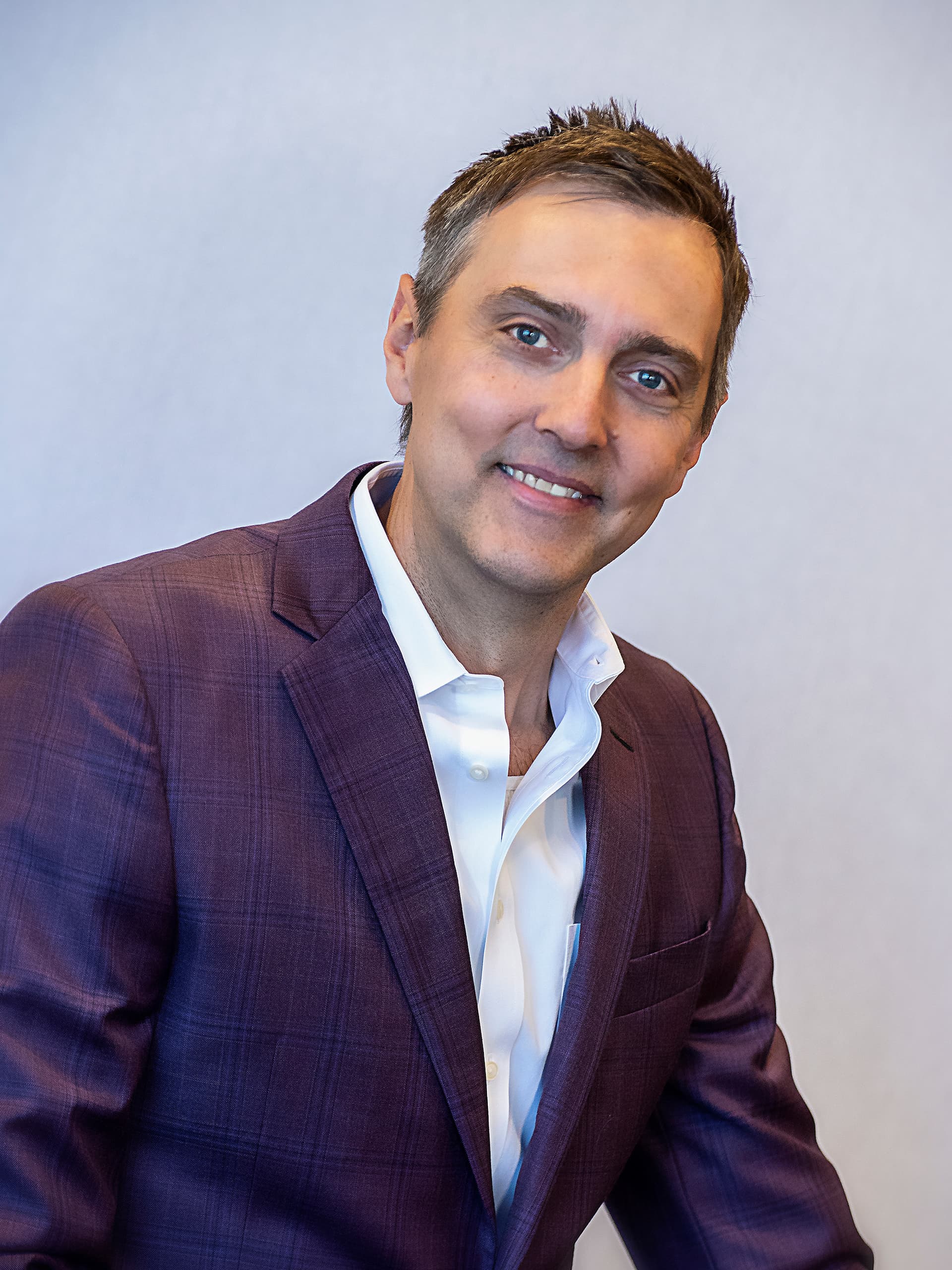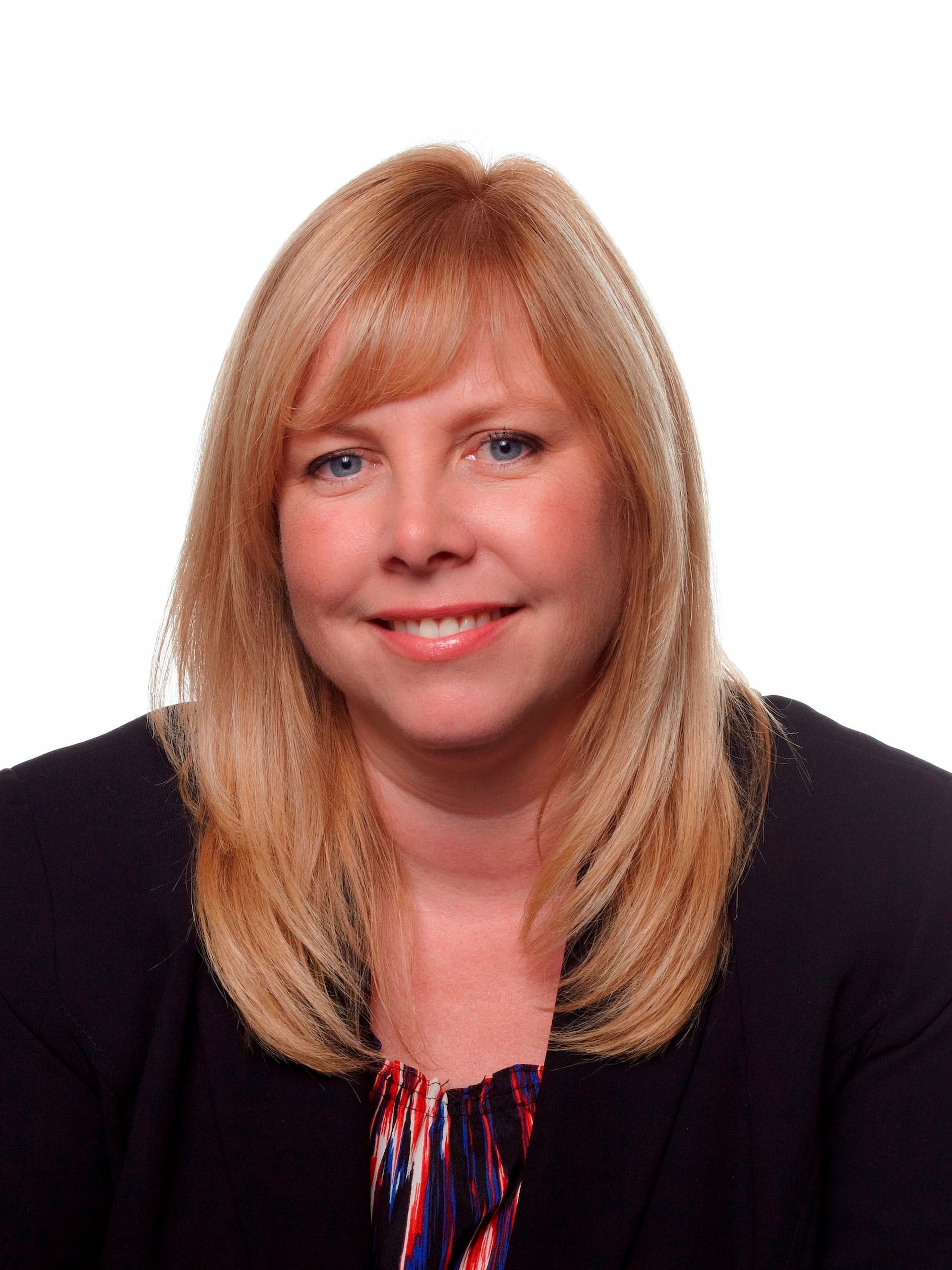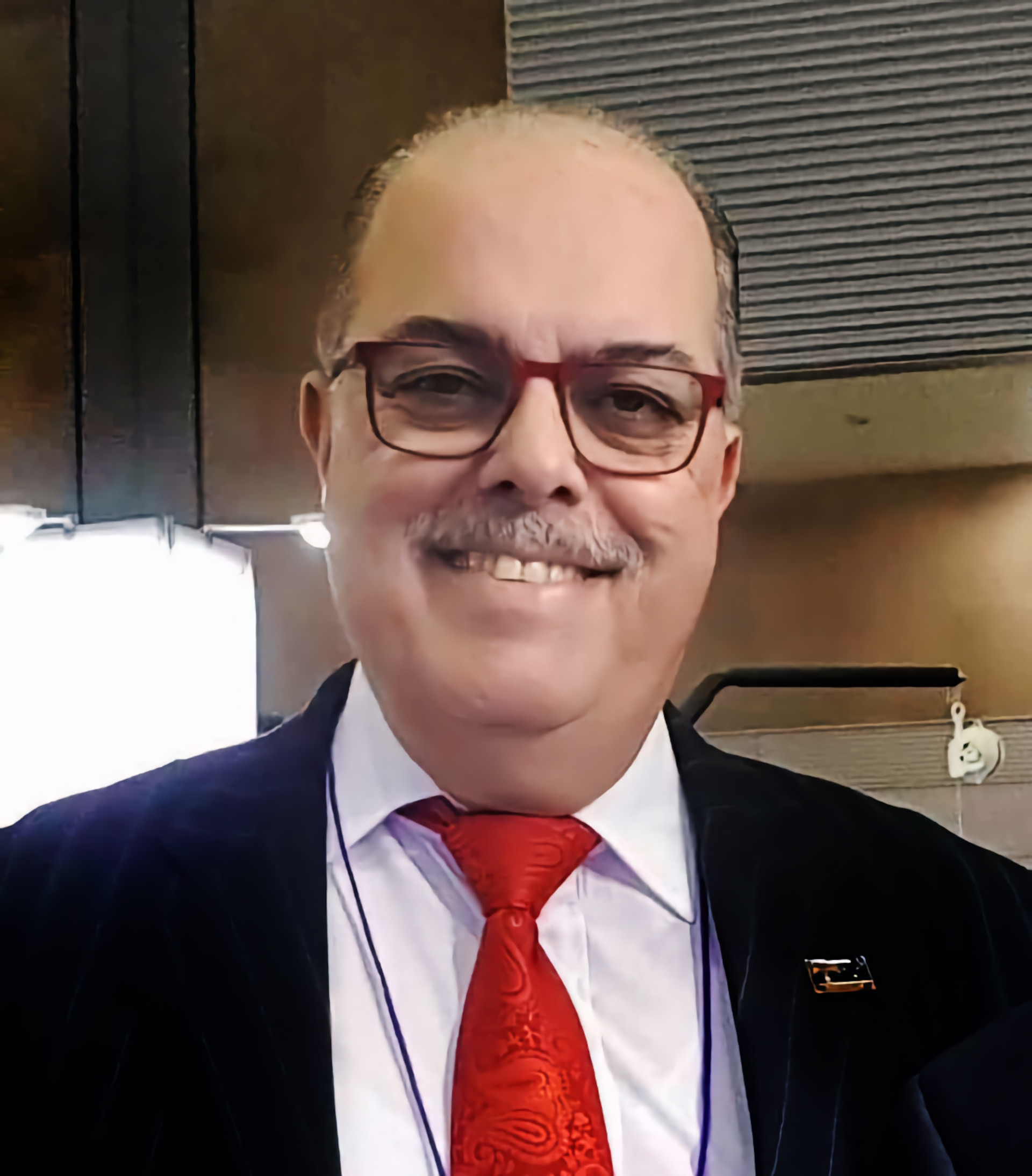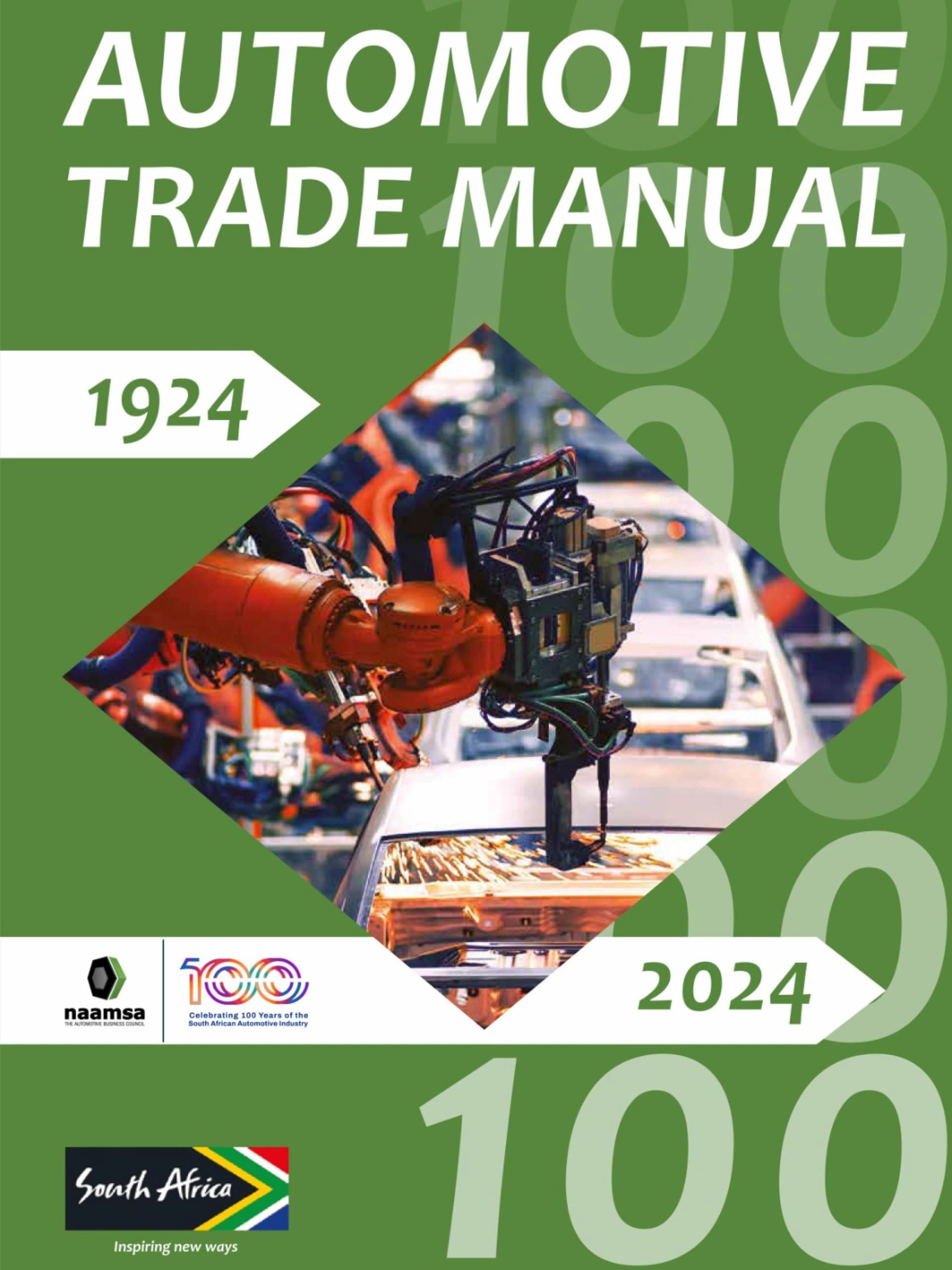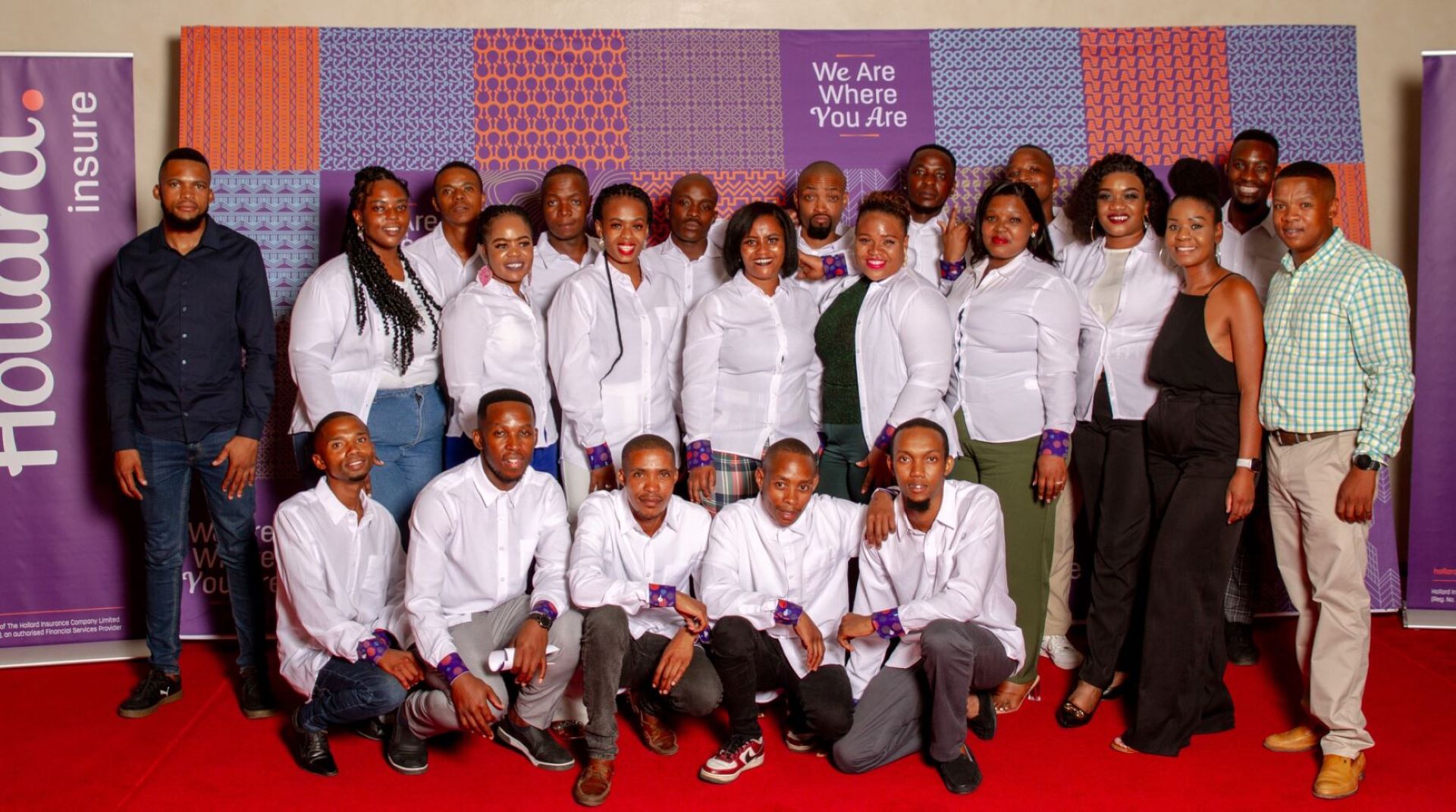Shortly after the breakout of COVID-19 in early 2020, Greg Lobsiger, owner of Loren’s Body Shop in Indiana, noticed tremendous negativity in the industry. Lobsiger shared his concerns in a social media post on the Elite Body Shop Community Facebook page. That post inspired an international positivity summit.
“Lobsiger mentioned that he wished there was more positivity among repairers,” said Dave Luehr, owner of Elite Body Shop Solutions and creator of the positivity summit. “He felt shops needed to be inspired to look for the positives among all the challenges we were facing.”
Within two weeks of that post, the first positivity summit was planned. During the event, shop leaders shared their plans to move through difficult times.
Since then, Luehr has held three summits. The most recent was hosted in January by Luehr and Ryan Taylor, CEO of AMP Bureau & BodyShop Booster. Over six hours, more than 20 body shop owners and managers, as well as industry and thought leaders around the world, discussed the most pressing industry topics and offered advice and strategies to consider implementing.
Luehr said many challenges currently face the collision repair industry. Despite the challenges, the hosts believe collision repairers have an opportunity to position themselves for a stronger future by being proactive.
“Positivity isn’t smiling while ignoring reality,” Luehr said. “Genuine positivity faces challenges, learns from them, and finds the opportunities contained within. As we move forward in a different business landscape, there is much to be gained by sharing what we each have learned for the benefit of others and the industry as a whole.”
Taylor echoed Luehr’s view. “Any time there are changes to an industry, it creates incredible opportunities for the shops that are looking for it – the shops that are willing to adapt,” Taylor said. “The vision for the positivity summit has always been to shine a light on those opportunities and have other shops and industry experts bring meaningful advice to those who need it most.”
Taylor said that it’s like what American author, Zig Ziglar, used to say: “You can have everything in life you want, if you will just help enough other people get what they want.”
The following speakers focused on leadership, customers, practical processes, and adaption to industry changes.
LEADERSHIP: MIKE MONAGHAN
In terms of leadership, Mike Monaghan, owner of Auto-Motivate and an advocate for personal development, talked about the mindset of a successful team. With more than 47 years of industry experience, Monaghan was the founder and CEO of the Motor Vehicle Repairers Association (MVRA), the leading representative of collision repairer networks in the UK. Now, he provides business management coaching and consulting support to organisations.
Monaghan said the industry still tends to “tinker with the edges” and look for marginal gains. Instead, business owners need to understand the actual cost of business and not micromanage people every day to achieve optimum performance.
Historically, he said, the industry has run a certain way.
“Technology and the world are changing,” said Monaghan. “People want different things from their work/life balance.”
As a result, people’s mindsets, and how they feel at work, are becoming increasingly important.
“Rather than measuring CSI and NPS scores, we need to measure how happy employees are at work and how valued they feel,” Monaghan said. “Just ask them how happy they are on a scale of one to 10.”
He recommended asking employees the questions ‘What can I do to make you feel more valued?’ and ‘Are we meeting your life and career aspirations?’
Whether you are a business owner or a new employee, Monaghan said everyone needs to use self-talk, words that are spoken and unspoken.
“When you wake up in the morning, you have to work hard to tell yourself you are going to have an awesome day,” he said. “The only thing that holds you back is between your ears.”
CUSTOMERS: VENESSA DI VITO AND NICK SCHOOLCRAFT
Venessa Di Vito and Nick Schoolcraft teamed up to address the marketing changes they have observed over the past few years and offer tips to help shops stand out.
Based in Canada, Di Vito is the owner and founder of Auto+ Performance, an automotive marketing and solutions company helping North American collision repairers to boost traffic, sales and customer retention.
Schoolcraft, President of Phoenix Solutions, has worked with leading companies on digital and traditional marketing over his career. His company focuses on revenue-generating marketing strategies to help transform the way collision shops interact with customers while increasing return on investment and engagement.
Luehr asked Di Vito and Schoolcraft to share some outdated marketing beliefs still used in the industry.
Schoolcraft said shops should not be marketed as if they are retail businesses.
“There isn’t a demand-driving component with collision repair,” he said. “My biggest concern with a lot of consultants in the industry is that they don’t really understand the difference in marketing a retail business and a collision business, and therefore present ideas that may work elsewhere, but not as well for an industry as unique as collision repair.”
Di Vito said shops often ask her to help increase sales when business gets slow.
“This is not an effective business practice as it’s usually only a short-term gain,” she said. “The real results come from a long-term, consistent and value-driven marketing strategy.”
“Marketing is really about looking at the long term over the course of six months before you start to see results,” she explained. “I think that’s what the misconception is.”
Many shops have the conception that marketing is expensive. However, Di Vito said it can be cost-effective, even free, in the current digital world and provided examples of posting on social media and writing blogs.
“You can do a lot of things for free today to market your business, but it does take time to get your name and brand out there,” she said. “Don’t give up if you post something on social media and you’re getting no likes. It’s all about consistency.”
Both professionals said shops often pause their marketing efforts when business is steady. Schoolcraft said that is a critical mistake.
“The thing they don’t recognise is that there might be people looking at your ads today who might need your services three to five months down the road,” he said. “It’s all about brand awareness, continuity/similarity of message, and consistency. Your brand doesn’t automatically become the decision of choice the first time they see your ad – it requires marketing to them in different ways and different channels.”
Luehr asked about the advantages of using mail for marketing.
“Today, everyone knows how easy it is to send an email, how automated that is,” said Schoolcraft. “The ability to have something tangible is more important today.”
He used the example of large companies, such as Google and Amazon, turning to direct mail to change their marketing message and drive business.
For 2022, Di Vito recommends shops focus on social media marketing and “being real”. This includes providing customers with valuable tips and information, showing pictures of how your shop is unique and different from others in your local community, and demonstrating who you are and what your business can provide to help support a customer in need.
“Marketing is no longer about ‘selling yourself’ by posting ads that continuously talk about yourself and what you have to offer,” said Di Vito. “It’s more around giving value, which in return builds trust and strong relationships that leaves a customer loyal to your brand.”
Schoolcraft suggests learning the difference between organic SEO and local SEO to help drive business.
“Google is changing their algorithm to focus on more local search results,” he said. “It knows what people want when they search certain terms. Local search is the most important aspect of the search for a body shop.”
Regarding the customer experience, Schoolcraft suggests focusing on what happens after the repair.
“[Repairers] think that the customer experience alone will lead to ongoing repeat and referral business,” he said. “Our data shows that while [that’s] important, it requires a lot more.”
He said there is a diminishing return in the brand recall as a customer gets further away from the repair experience. As a result, shops also need to focus on connecting with customers after the repair in a personalised and unique manner. He recommends shop owners and managers use customer data to their advantage.
“Everyone focuses on getting customers to the door and through the door, but ends their communication once the repair is finished,” Schoolcraft said. “If you want to maintain your customers, especially as consolidators emerge in every market, you need to extend your relationship after the completed repair and give customers a reason to trust and remember you.”
PRACTICAL PROCESSES: ROBERT SNOOK
The summit also shared information about practical processes.
Robert Snook is a conference moderator for IBIS and the co-owner and group director of MG Cannon, a multi-award-winning UK body shop MSO.
Snook said the role of an estimator is evolving and more critical now than ever before. He equated it to being like a customer concierge, managing and overseeing the whole repair process, not just the initial estimate. He then talked about an assessor’s focus on vehicle damage assessments, also referred to as advanced repair planning.
“It’s not just about a shop’s profit but making sure the vehicle goes through a safe and accurate process before being returned to the customer prepared for the next accident,” he said. “There are a lot of demands on estimators, so you have to be careful not to overload them and take distractions away from them, so they can sit and focus and concentrate.”
According to Snook, shops sell two things: ‘business trust’ and ‘like’.
Not only do customers need to like the first person they interact with in the business during the first five seconds of contact, but they also need to trust the VDA and technician to repair their car safely.
“We do a lot of work with our assessors, training them to look after people,” Snook said. “It can be as simple as having a tea and biscuit and understanding the customer, their individual needs and incident circumstances.”
Snook also shared what UK shops have done over the last two years to address parts shortages.
“In the UK, they often don’t have easy access to parts,” he said.
As a result, more technicians find they can repair a part rather than replace it.
“If a part is on backorder and repairable, then the technician can get more pride out of their job and increased motivation,” he said. “It’s all about the right repair. A repair over replace is not right in my opinion, but a repair or a replace for that section of repairs in the middle, is absolutely the right thing to do.”
ADDITIONAL PRACTICAL PROCESSES: LIZ STEIN AND LEANNE JEFFERIES
Liz Stein and Leanne Jefferies talked about changes shops may experience regarding OEM certifications and how to prepare for the future.
Stein serves in the role of Market Adoption for Advanced Repair Technologies, a division of OE Connection (OEC). Prior to joining OEC, Stein was Vice President of Industry Relations at Assured Performance Network.
Jefferies is Director, Certified Repair Network Operations & Accounts, where she is responsible for North American operations and accounts for Assured Performance in the US and overall management of the Certified Collision Care business in Canada.
Stein shared ideas for shops to consider employing, recommending they focus on a predictable outcome, so owners and managers don’t have to redo a problem on a repaired vehicle.
She told repairers to use the electronic processes within their business to achieve predictable outcomes, leading to safely repaired cars and positive consumer experiences.
According to Stein, with car technology continually changing, using repair procedures has never been more critical. “What we’re seeing is the vehicle we repaired yesterday is not the vehicle we’re repairing today,” she said.
If technicians use repair procedures every time, it typically becomes a habit and a predictable outcome.
Investing in training is also important so that teams feel invigorated and excited to be part of a learning culture. Lastly, Stein advised shops to get into the habit of checking OEM position statements and using that information in their dialogue with insurers to minimise friction.
Working in Canada and the US, Jefferies talked about how the industry is expected to evolve this year.
“It has been a difficult 2021 and I’m excited about 2022 because I think we have an opportunity to not only evolve as an industry, but also in the way that we personally work,” she said.
With the disconnection experienced over the past two years, Jefferies advocated shops to focus on connection and being kind to one another.
“You don’t know what other people are dealing with and what situations they have in their family or work,” she said. “Whether it’s staff, an insurance adjuster, or a customer, take that extra minute to be more kind, help each other, communicate and connect.”
Jefferies said there’s a huge opportunity to improve communication about OEM certifications, ultimately bringing bottom-line benefits to businesses.
This includes communicating with consumers about what certification means and letting dealers know if they send customers to the shop, they will receive a safe and proper repair. It also notifies insurance companies that the shop is a qualified partner. Lastly, OEM certification can be a great source of pride for staff.
“If they understand all the things the business has done to achieve these credentials, it makes them feel like they are part of something special and it’s also a great recruitment tool,” Jefferies said. “When recruiting new staff, talking about the fact that you are an OEM-certified shop takes you to a higher level than maybe another business they are looking at joining.”
Jefferies hopes this is where the industry will evolve – focusing on kindness, collaborating, communicating and working together.
ADAPTING TO INDUSTRY CHANGES: MICHEL MALIK
Michel Malik talked about adapting to industry changes. In addition to being the CEO and Group Publisher of BodyShop News International, and an international speaker at conferences, symposiums and seminars, Malik presents “The World on Wheels” broadcast on Sydney radio and online.
His advice to shop owners and managers was to focus on being ‘digitised’ if they hadn’t already, to ensure their business continues to succeed. He also recommended looking after staff.
“Train them when they need it and keep them up-to-date with the latest technology,” Malik said.
In addition, he encouraged repairers to look after clients.
“Make it that doing business with them is such a unique event, they will tell their friends and colleagues what a great experience it has been repairing a car at your shop,” Malik said.
Most importantly, Malik said to look out for yourself. “Remember that without you, there is no business,” he said.
